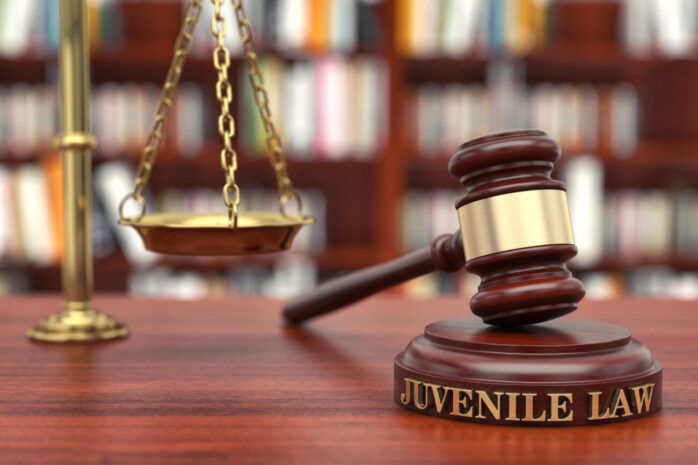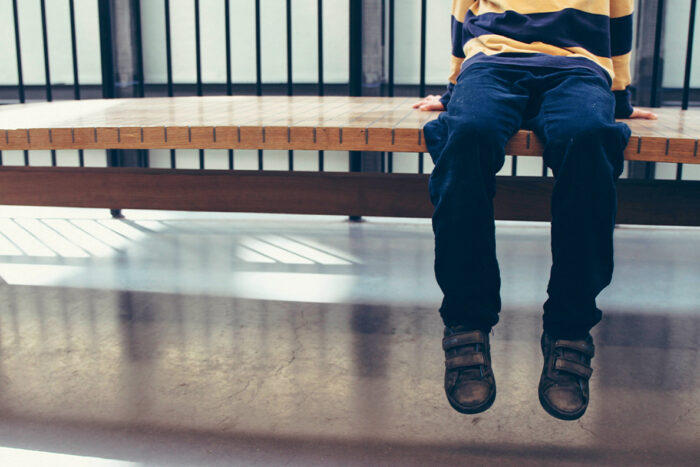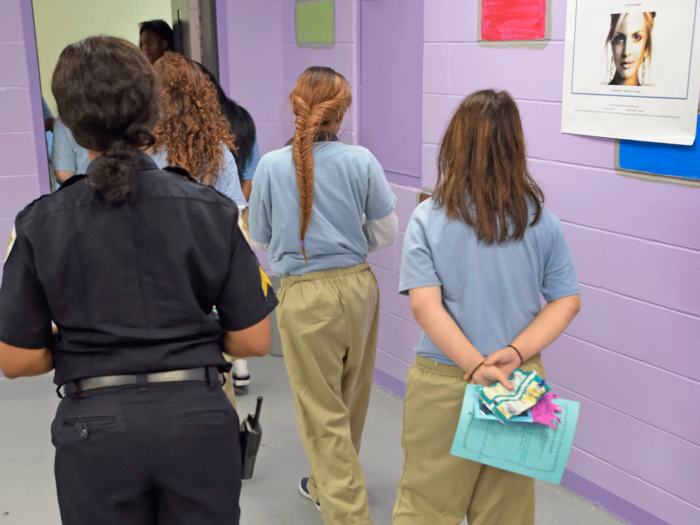
You may feel overwhelmed if your child or adolescent becomes embroiled with the law. It is difficult to know what to do or where to turn. The procedure is unlike what you may believe you know or have seen in the movies. Your primary worry is for your child, but you are also concerned about yourself. You may believe that others are blaming you for your child’s conduct or mistake.
Feeling guilty, sad, terrified, or surprised is all too simple. It is natural to experience grief when your child travels through the juvenile court system. You may even require some extra attention to help you get through this. Head over to anthonycarbonepersonalinjurylawyer.com to get more information.

The goal of juvenile justice is rehabilitation
In general, children under 18 who are accused of committing a crime are not treated the same as adults. The juvenile justice system focuses on rehabilitation rather than punishment. This system aims to improve public safety by reducing juvenile delinquency via effective prevention, intervention, and treatment programs that build families and turn problematic youth’s lives around.
Youths are not “arrested” but taken into custody and sent to the nearest Juvenile Assessment Center. They are booked and fingerprinted before receiving a Detention Risk Assessment Instrument (DRAI). The DRAI’s goal is to determine the proper form of detention before the initial hearing with a judge. If detention is deemed essential, the juvenile will be transferred to a juvenile detention center (JDC). Otherwise, the child will be returned to his or her parents or guardians.
A juvenile will appear before a judge within 24 hours, and the judge will assess the case to decide on detention. Depending on the DRAI, the allegations, and other risk factors, the juvenile may be forced to remain at the JDC or released to his or her parents while awaiting future court dates. A state attorney will decide whether to press formal charges against the minor or drop the case. If formal charges are brought, the juvenile will be prosecuted and will enter a plea of guilty, not guilty, or no contest. What happens next is determined by the plea. A trial will be held if a not-guilty plea is entered.
In juvenile proceedings, the outcome is either “adjudication withheld” or “adjudicated.” When adjudication is deferred, the court has determined that a crime was committed, but the kid will not be classified as “delinquent” and may be placed on probation instead. An adjudicated case will leave the kid with a criminal record, and he or she may be sentenced to incarceration in a JDC or placed on probation. A probation officer will be assigned to supervise the kid. An experienced attorney can tell you more about the process, so schedule a consultation today.

What are the key differences between juvenile and adult justice systems?
It is important to understand that the law for children and minors is not the same as for adults. Parents should understand the differences when dealing with a minor criminal case:
- The juvenile system applies to people under the age of 18 or 21, depending on the jurisdiction. The people over this age threshold are subject to the adult criminal system.
- The primary goal of the juvenile criminal justice system is rehabilitation and reintegration into society, while the adult criminal justice system is for punishment and penalties.
- The minors in the criminal world are termed as “juveniles,” while the adults are termed as “criminals.”
- Juvenile criminal cases are removed or expunged after they complete their sentence, while adult criminal records are more accessible to the public.
Steps to take if your child is arrested
Hearing the news of your child getting arrested can be nerve-wracking. In such a moment, it can be difficult to figure out your next move. Taking the following steps can help your child:
- Do not allow the police to speak to your child unless you or an attorney is present with them. The police will first take the parents’ permission to talk to the child and may even suggest that the child may feel easier to discuss the situation in the absence of their parents. However, in order to protect your child, you never allow them to be interviewed or questioned by the police.
- Try to see your child as soon as possible. It is within your rights to see your child after they are arrested. If the police do not allow you, send them a letter of protest. Make sure you keep a copy of that letter to give to your child’s attorney later.
- Tell your child not to talk to the police without an attorney present. Explain to your child the importance of having an attorney by their side when speaking to the police. It is easy to make children say things they do not mean or twist their words. Your child could get into more trouble than they already are.
- Do not ask your child to confess. Regardless of what happens, do not ask your child to confess to the prosecution or to you. If your child confesses to you, the prosecutor can call you to serve as a witness in court.
- Be careful of what you say to your child. It is understandable that you may be frustrated with your child’s behavior and tired of them “acting out.” However, it is important to be there for your child when they need your support the most. There will be plenty of time to discipline them later.
Before you ask the court to take your child away out of frustration and annoyance, learn about the system and what it contains. Children often do not get the treatment they should get in such placements.

Worried about your child’s future?
If your child was involved in a criminal activity and has been caught by the police, they have the right to an attorney. If you cannot afford a lawyer, the court will provide your child with one. Regardless of whether you choose a public or private attorney, it is very important that they are represented by one. Legal proceeding outcomes can have long-term consequences.
Hire a criminal defense attorney today to protect your child’s future.






